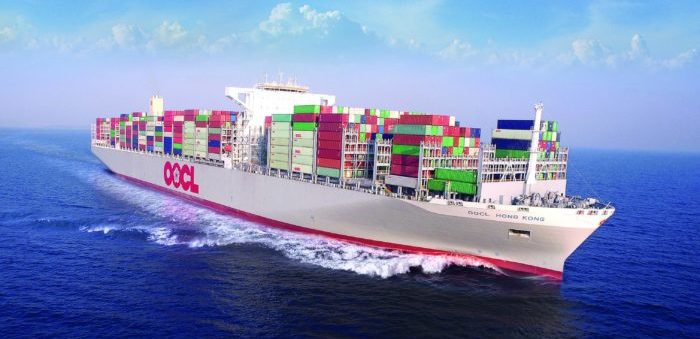Hong Kong-based container shipping major OOCL announced it will begin transition into the use of Low Sulphur Fuel for its entire fleet during the second half of 2019, in order to meet the IMO sulphur requirements in January 2020.
The IMO 2020 sulphur cap mandates that from 1 January 2020, all ships must run on fuel containing up to 0.5% sulphur, when the current limit outside ECAs is 3.5%. This is expected to bring significant cost burden for the industry, estimated at about US$60 billion each year.
By looking into the expected bunker consumption of our fleet and the projected price difference from switching to the compliant fuel which may possibly become increasingly expensive due to tight supply in the market, we expect the additional cost impact to easily fall well above half a billion dollars. Under the current industry environment and the level of cost involved to an industry that is already very cost-sensitive for survival, shippers and the consumers will need to prepare to shoulder this burden,
…the company said in an official statement.
In preparation for the surge in this operating cost and in consideration of the continual trend of rising fuel prices in the market, OOCL added it will be introducing a bunker recovery approach based on a floating bunker formula that will better reflect the changes in the industry environment.
This approach will take various factors into account, including the different fuel types being used, fuel price fluctuations, ship size and capacity, and vessel utilization levels.
This follows the example of several other major companies over the last months. A new bunker adjustment factor launched by Maersk aims at covering additional costs that will arise from the upcoming global sulphur regulations. Meanwhile, other shipping majors, like MSC and CMA CGM, have recently announced the chose the mechanism of surcharges to cover the higher rate of lower sulphur fuel.
In sum, we believe that we are taking the right step towards a greener and more transparent direction forward in the industry as we all embrace the IMO 2020 Regulation together…OOCL will continue to work closely with our customers and business partners to strive for further improvements in all aspects of our businesses for a greener future in the generations to come.
OOCL’s environmental sustainability profile so far includes green investment on its assets, development of green IT solutions, better Greenhouse Gas management, and participation in global environmental initiatives.

































































